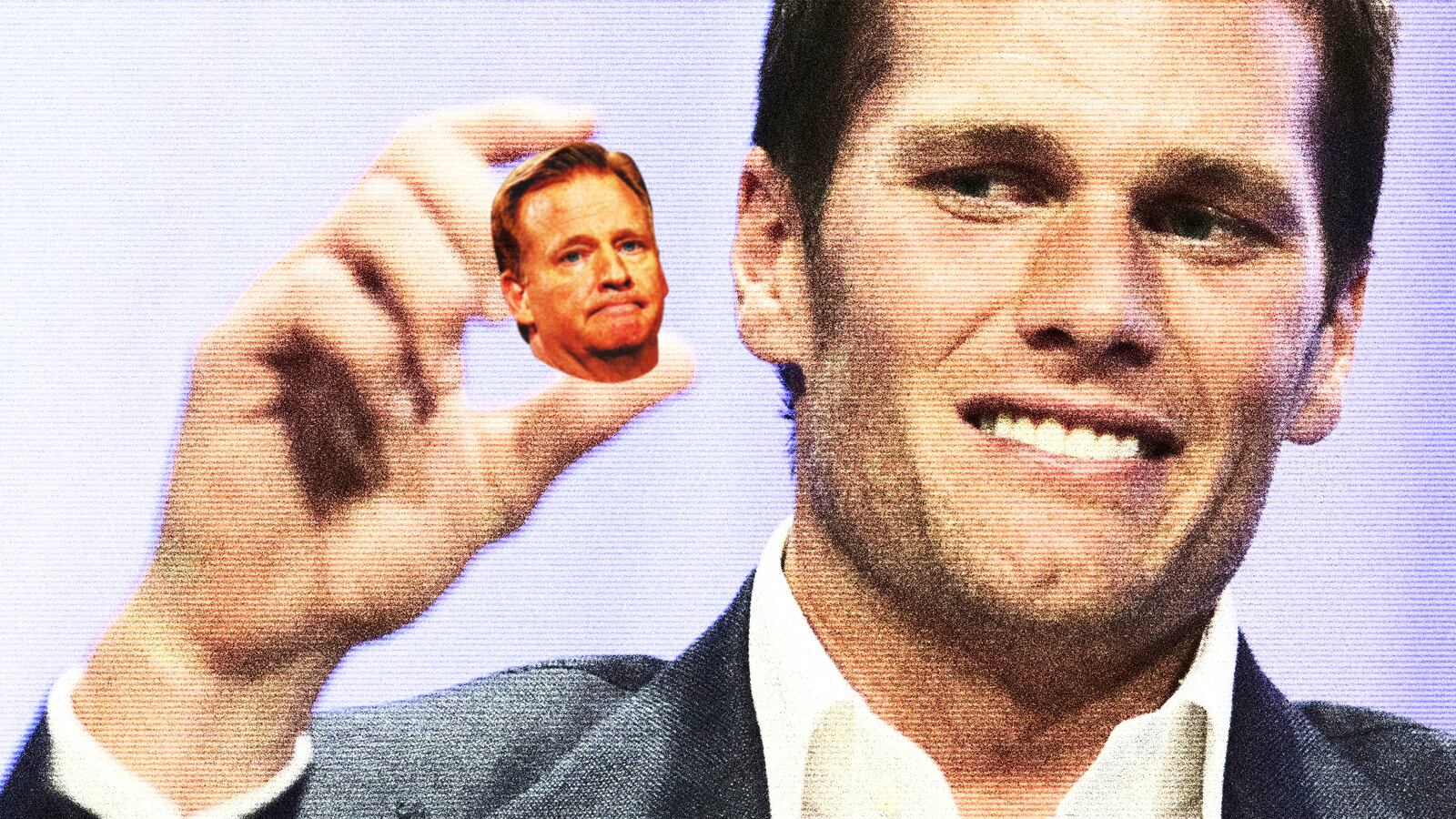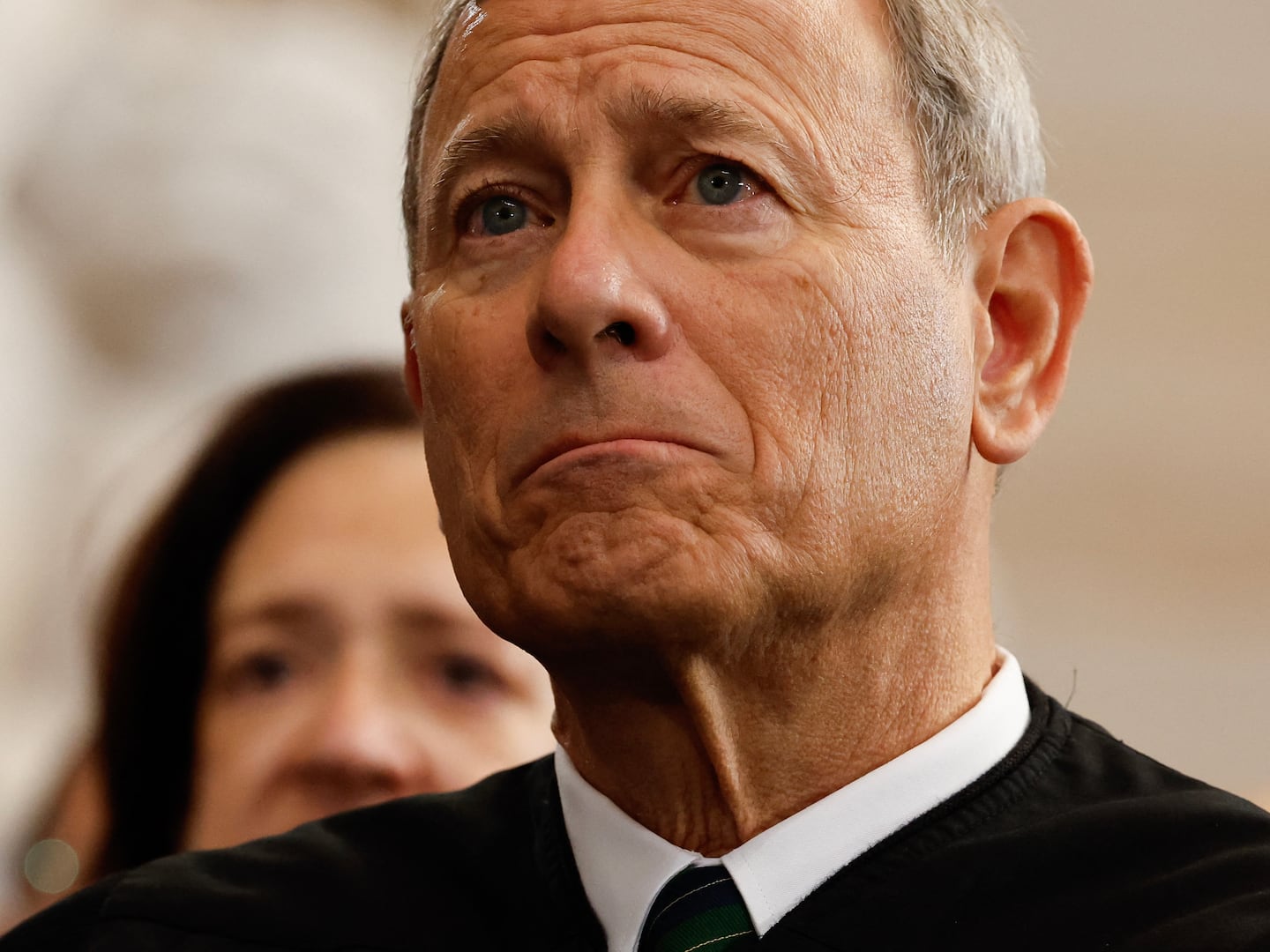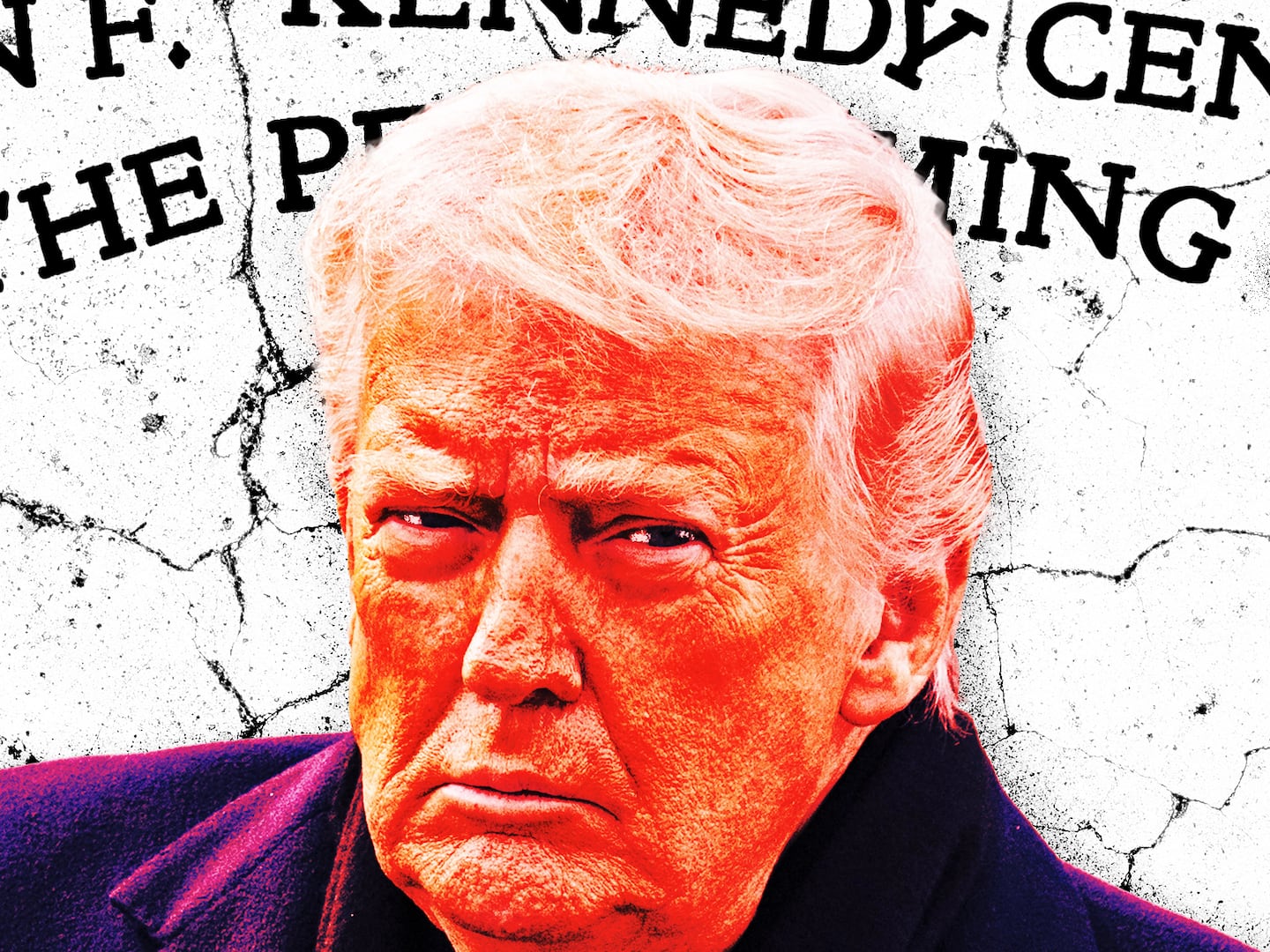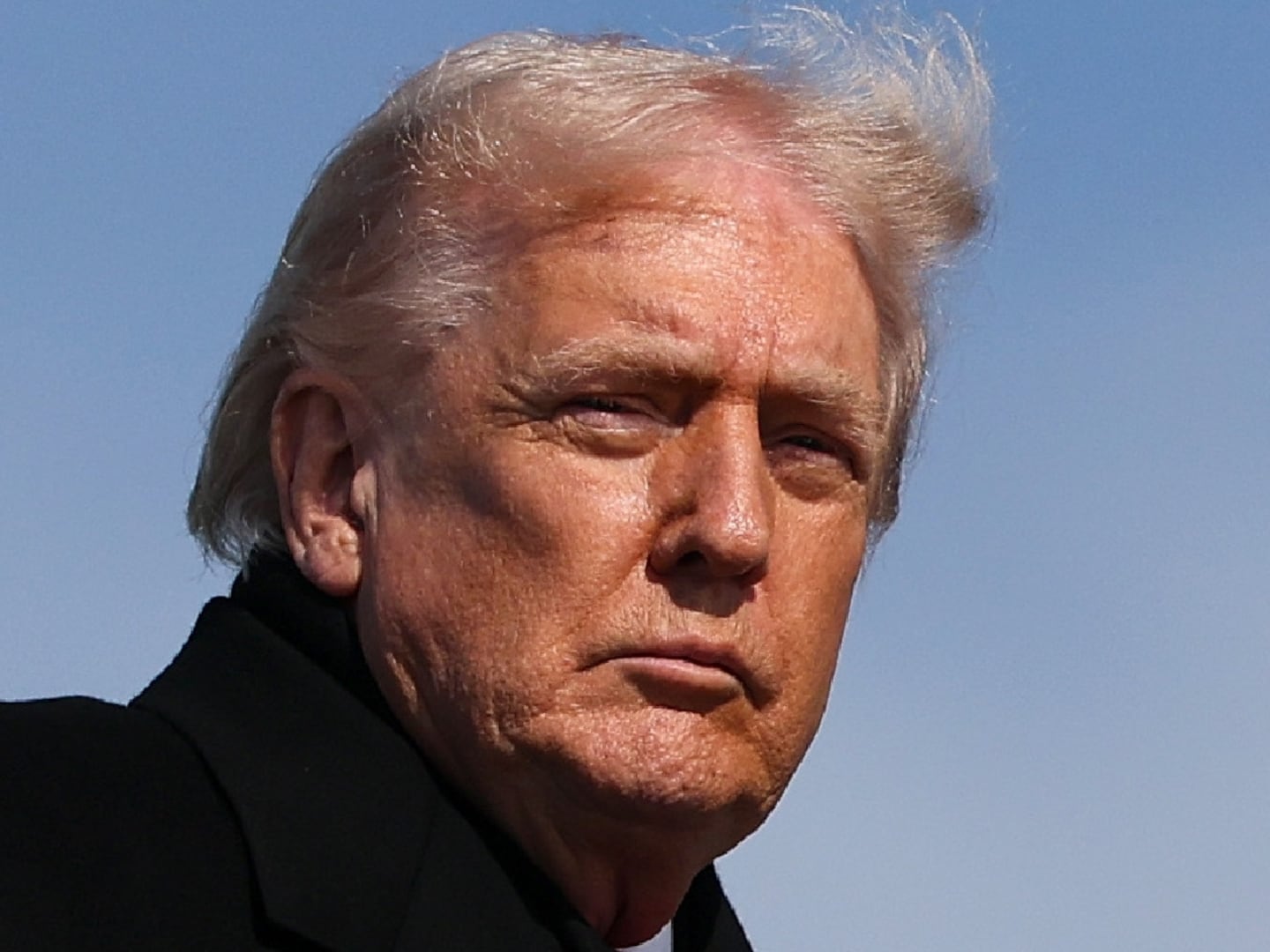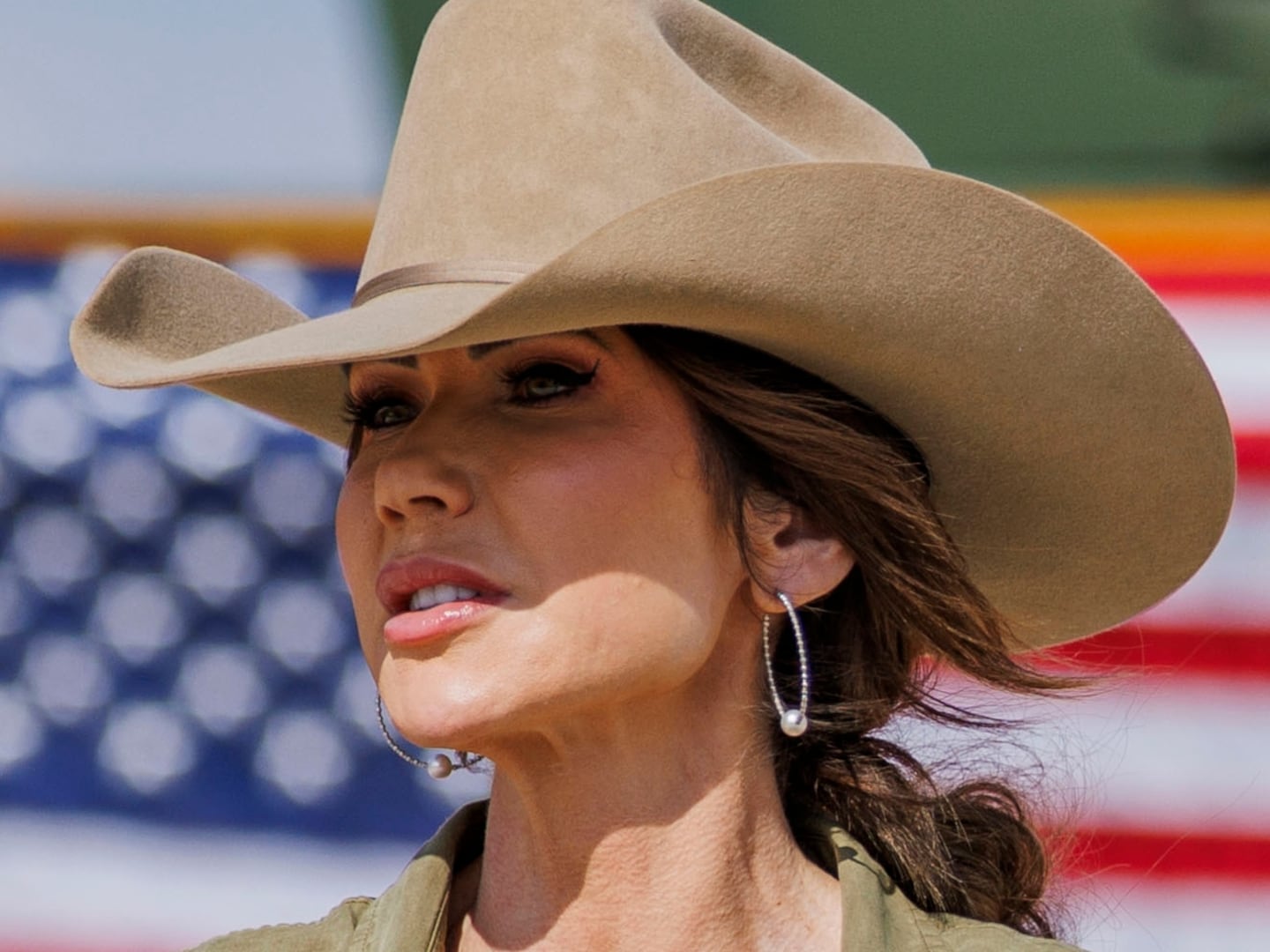After NFL Commissioner Roger Goodell upheld his four-game suspension of Tom Brady on Tuesday, the league launched a preemptive legal strike against the Patriots quarterback that CBS Sports called “without precedent.”
Why? Because, according to experts, it will temporarily prevent the Patriots quarterback and the NFL players union from throwing the gloves off.
Because, when Brady and the NFLPA eventually file another lawsuit in Minnesota, Roger Goodell might have to answer for why he initially suspended Ray Rice for two games after knocking out his wife-to-be—then gave Tom Brady four games for allegedly telling ball boys to let air out of footballs.
If Goodell’s punishments were invented on the fly all along, Brady’s legal team could use this case to find that out.
“Knowing Brady’s counsel the way I do, he’s going to be very, very aggressive in finding a way to tie this to Ray [Rice] and cases like it,” says Jay Reisinger, manager of the sports law practice at Farrell & Reisinger LLC.
Here’s why the NFL took the first step, which was to seek a confirmation of arbitration award in New York: It would confirm Goodell’s role as an “impartial arbitrator” in Manhattan before that can be a part of what is presumed to be a larger legal challenge initiated by Brady in Minnesota.
Judge David Doty, who is a U.S. District Judge in Minnesota, would likely hear the second case, and he’s “considered player-friendly,” according to Sports Illustrated writer and lawyer Michael McCann.
Doty, after all, overturned the indefinite suspension of running back Adrian Peterson, who was banished indefinitely for allegedly beating his child with a switch.
But when players like Peterson have been issued suspensions by the league in the past, the NFL hasn’t acted first. The league can always take a different tack by trying to confirm that the commissioner did, in fact, have the power to levy those punishments all along—in the jurisdiction of their choosing.
On Tuesday, the NFL did just that to Brady and the NFL players union, who have repeatedly stated they’ll sue the NFL if his suspension stood.
And one of Brady’s likely arguments will be that Goodell, whom the NFL says is serving as an impartial arbitrator, is issuing arbitrary punishments.
“If [defining what determines a length of a suspension] becomes an issue as to Goodell’s discretion, and Brady’s lawyers do a good job of pinning something relevant to Tom and to Ray—the league will file a motion for protective order,” says Reisinger. “They’ll say, ‘That’s not relevant to the issue at hand.’”
But, of course, Goodell’s seemingly random justice will be one of the issues at hand. At play will be if “the commissioner’s decision did not draw its essence from the collective bargaining agreement,” Director of the National Sports Law Institute Matt Mitten told The Daily Beast.
“They’ll try to make an argument that it’s appropriate to compare sanctions for similar offenses,” says Mitten. “They’ll really try to make as many arguments as possible.”
Brady received four games’ punishment for the “more probable than not” chance he deflated footballs before this year’s AFC Championship game. This was determined by Ted Wells’s 243-page independent investigation—assigned by Goodell himself.
Carolina Panthers defensive end Greg Hardy was suspended for 10 games, then eventually served four for a domestic violence conviction. Rice was suspended for two, then that was increased to an indefinite suspension after public backlash.
There is nothing close to a uniform policy that grades punishment based on severity of offenses, and it might leave Goodell open to an airing of dirty laundry in court.
“Tom doesn’t have much to lose at all by taking this to court and everything to gain,” says Reisinger. “He doesn’t need the money. It’s more about the image for him.”
And Reisinger doesn’t believe Brady’s counsel will hold back, either. Brady’s lawyer, Jeffrey Kessler, helped Freeman McNeil sue the NFL to effectively create free agency in 1992. He also joined Brady and other NFL players in a class action suit in 2011, ending the lockout.
Now, by not dropping Brady's suspension, Goodell might face his toughest challenge yet: explaining the Deflategate punishment in the face of crueler, more violent crimes.
“Personally, I think [Goodell’s] stuck between a rock and a hard place,” says Reisinger, who represented MLB star Josh Hamilton in his successful MLB substance policy appeal last year.
Reisinger says Goodell had a chance to make this easier: He could have suspended Brady over a failure to cooperate with the investigation. Brady (as we now famously know) destroyed his cellphone, which could have linked him to the Patriots ball boys who allegedly deflated footballs before games.
But that suspension didn’t happen. He was suspended for his role in deflating the balls, which may not officially exist.
Now, Brady will likely seek an injunction so he can play on opening day, and Goodell might face his most public challenge yet.
“Other owners want to see the Patriots punished for what they did,” says Reisinger. “And he’s going to need to bend to the wishes of those owners—at the same time realizing that there is not one scintilla of evidence that Tom Brady engaged in the deflation of those footballs.”

